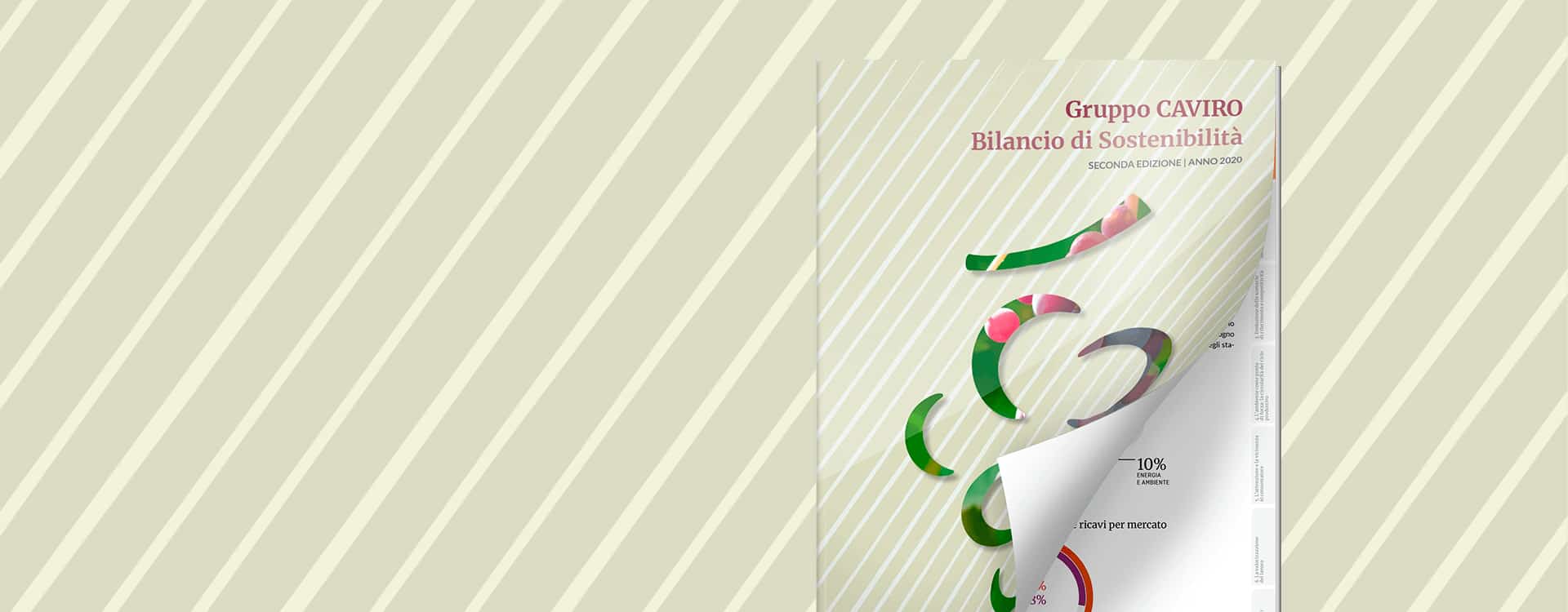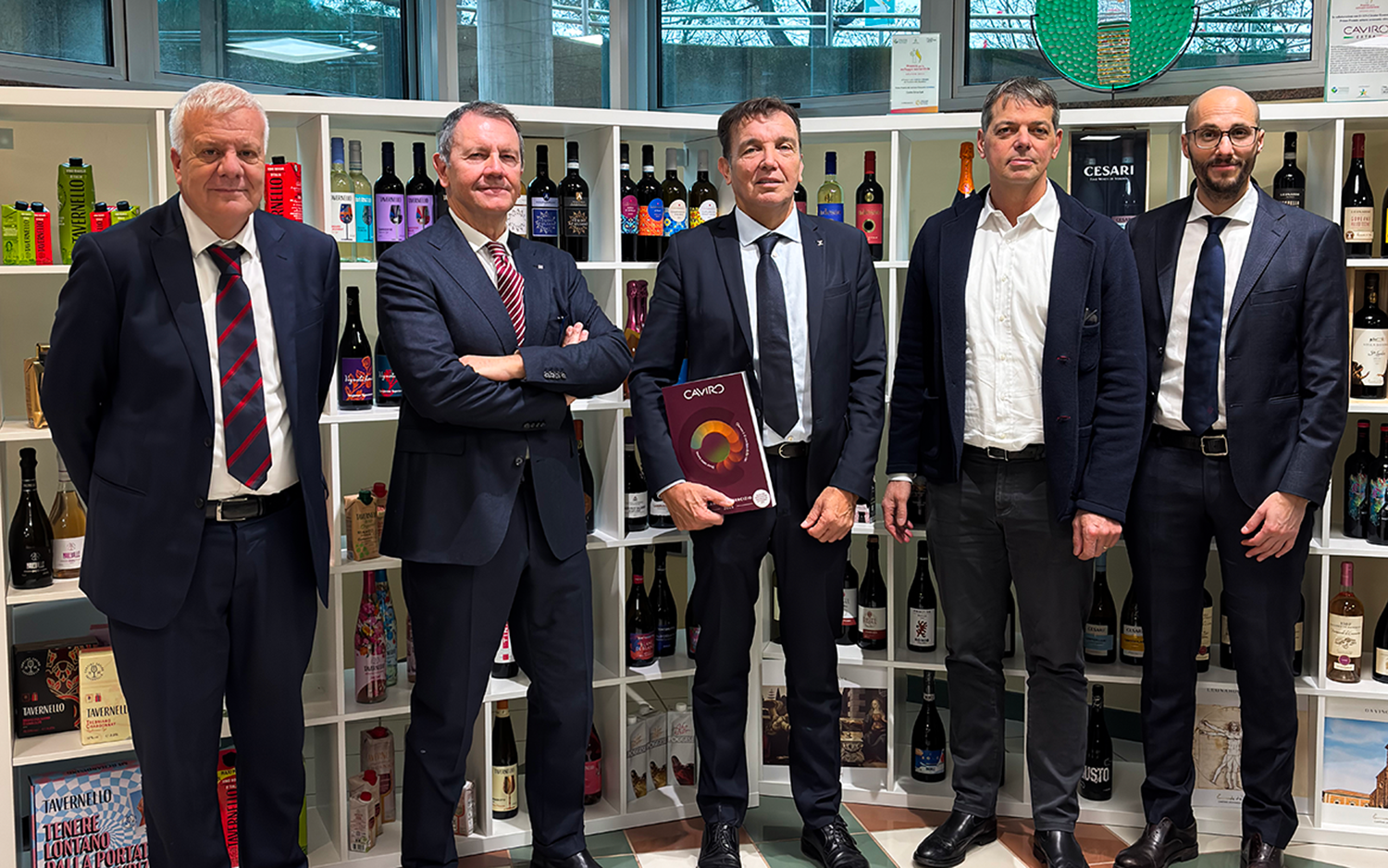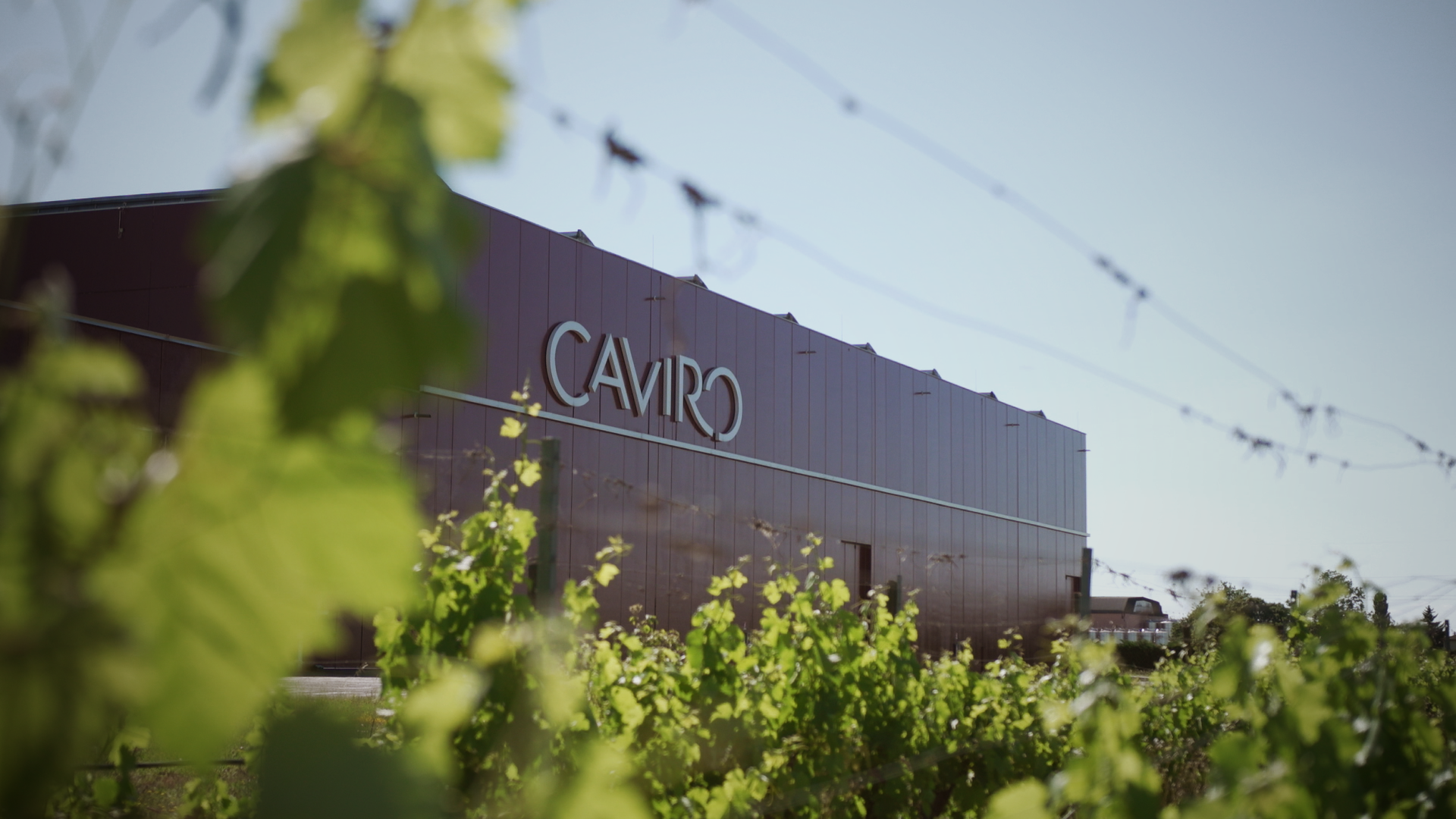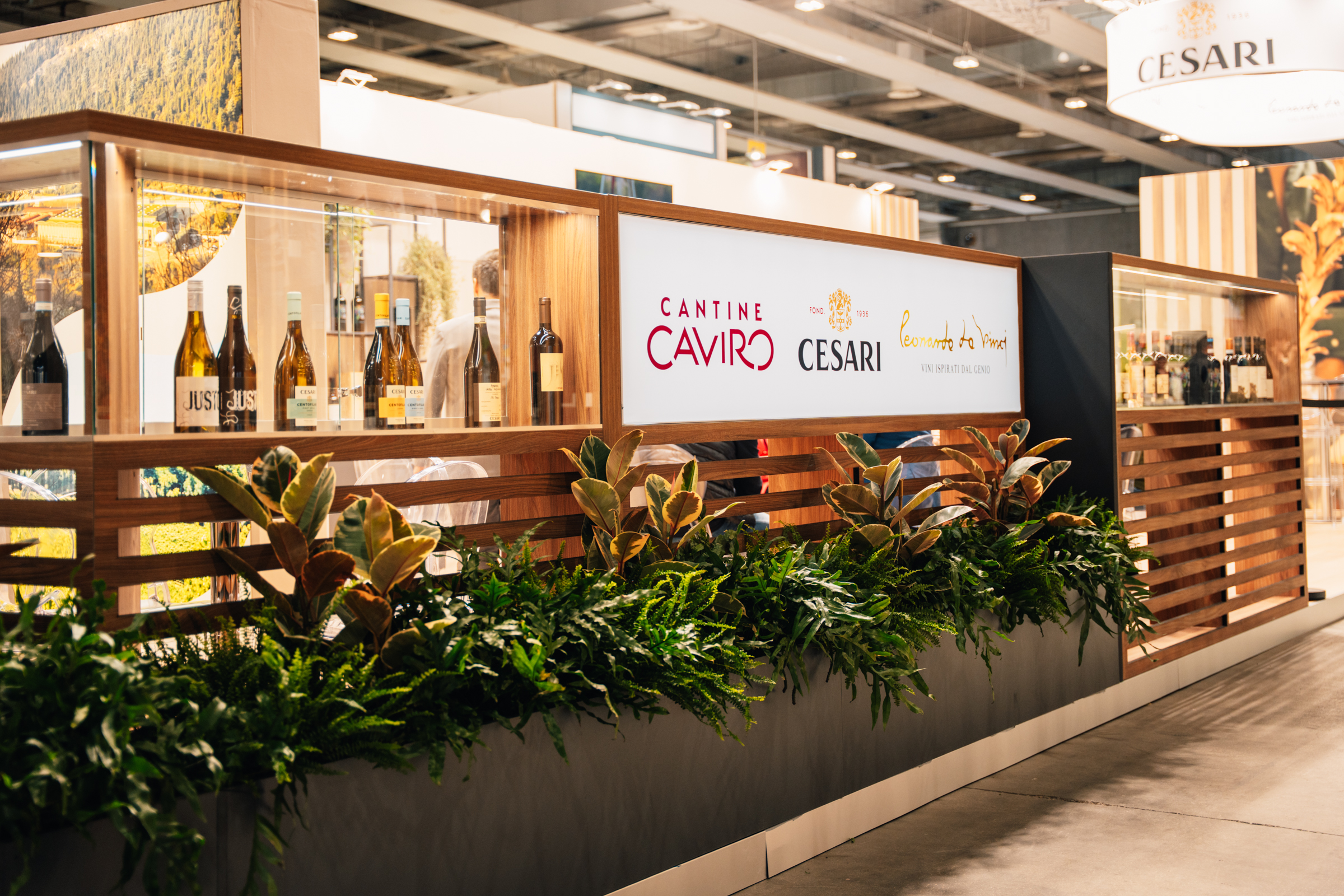Caviro Group presents its SECOND SUSTAINABILITY REPORT, a further stage of an over 50-year long journey. From the vineyard to the transportation of the final product, through the enhancement of waste and the development of a complete model of circular economy: Caviro’s operations have proven to be sustainable, able to enhance the product of the cooperative members while caring for all the issues at stake, be it ethical, environmental, or economical.
Sustainable development is a concept inside Caviro’s cooperative DNA: at its core there is more than profit-growing. There are our people and the will to guarantee the satisfaction of their needs without compromising those of future generations.
The three pillars of sustainability
Enhancing every resource to draw a better and more responsible future is the goal that Caviro pursues following three guidelines: Ecological, Economic and Ethical.
- Ecological Sustainability because the virtuous model of circular economy brings great benefits to the territory.
- Economic Sustainability because the Group’s financial reports reflect its solidity and allow for long-term projects.
- Ethical Sustainability because the commitment of the Group has a positive effect on the activities of the entire production chain and on the communities.
Transforming the derivatives of the wine and agro-industrial chain into high value-added products is the mission of Caviro Extra, the Group company responsible for the “From vineyard to vineyard” virtuous cycle. The goal is to eliminate the concept of waste, by considering each raw material as a valuable resource to be processed and transformed into a new natural ingredient to be put back into the cycle.
It is a cycle that unites man to the environment, the grapes to the soil, the present to the future.
The numbers of Caviro Group’s circular economy
In the 2019/2020 harvest year we processed 73,000 tons of grape pomace and 24,000 tons of lees into noble products.
Caviro has taken the path of renewable sources for some time now, producing sustainable energy both from its own processing waste and from the waste of other companies in the food industry.
The development of environment-related services has led to the creation of Enomondo, a company managed in partnership with Hera Group and responsible for the production of renewable electricity from grape processing waste and pruning waste. From this process Caviro derives 100% of its energy needs, becoming self-sufficient.
The numbers in summary:
- 555,000 tons of processed agro-industrial waste per year
- +99% recovery and transformation rate of the waste
- Total self-sufficiency in energy: 100% green energy
- Reduction of 82,000,000 tons of CO2 of fossil origin
Joining the UN 2030 Agenda
Caviro’s vision of a complete sustainability is being further established by the alignment to as many as 7 goals of the UN 2030 Agenda. Caviro:
- advocates for the protection of people’s well-being and health, caring for its employees and promoting consumer safety (Goal 3),
- promotes universal access to clean power producing renewable energy (Goal 7),
- supports employment and sustainable economic growth through the development of new products, internationalization and the strengthening of the company profitability and solidity (Goal 8)
- fights for fair and responsible industrialization (Goal 9)
- encourages the adoption of sustainable models of production and consumption, through the circularity of its production cycle (Goal 12)
- protects local wine production through the adoption of sustainable agricultural practices to fight climate change (Goal 13)
- promotes responsible and inclusive societies, by communicating with local and national institutions (Goal 16).



